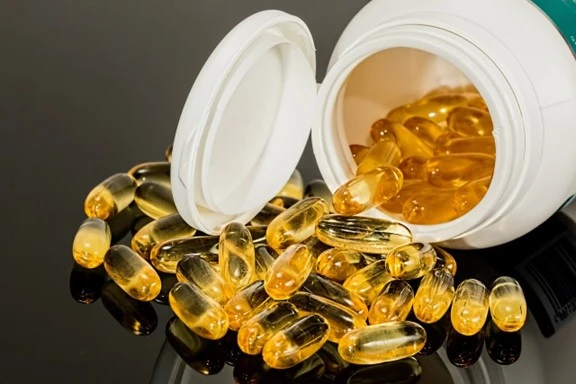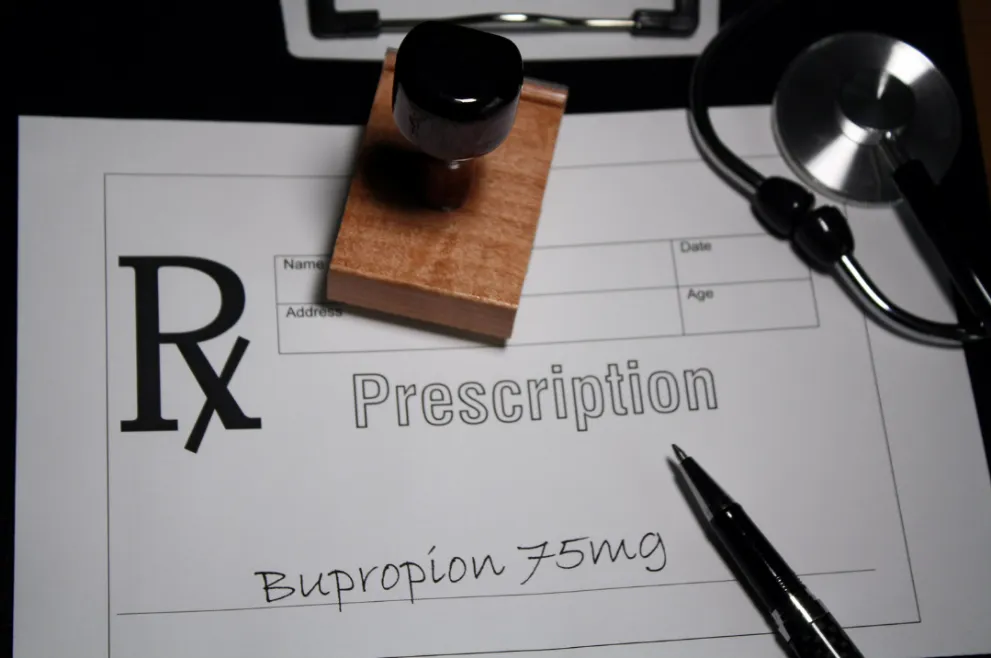During the COVID lockdown, we all spent a lot of time inside. Doctors found that many people were developing vitamin D deficiencies because of a lack of sunlight. If your doctor advised you to take vitamin D supplements, you may have gone to the pharmacy and discovered that there are different kinds of vitamin D, with long confusing names. What's the difference between all these 'vitamin D' bottles?
What Is Vitamin D?
What is usually called 'vitamin D' is actually 'vitamin D2' or 'ergocalciferol.' The other type of vitamin D is 'vitamin D3' or 'cholecalciferol.' Usually, when we talk about vitamin D, we mean D2. There are several other types of D-vitamins.
All the D vitamins are fat-soluble vitamins, meaning they are carried by fat molecules in the body. The D vitamins are important for calcium absorption, bone and skin health, and the development of teeth and eyes. The primary difference in the types of D vitamins is where they come from.
Vitamin D2
Vitamin D2 comes from plant sources, such as mushrooms, almonds, and soy. Vitamin D is not plentiful in plants, and needs to be created by intentionally exposing the plants to ultraviolet light. However, vitamin D2 is easy to produce, and is used to fortify other food products. When you buy vitamin D2 capsules or tablets in the pharmacy, you're buying plant-based vitamins, usually mushroom or soy.
Vitamin D3
Vitamin D3 is derived from animal products, like fish oil, egg yolks, and liver. When you go out in the sunshine, your skin also produces vitamin D3. If you ask your pharmacist specifically for vitamin D3, you'll probably get a fish-oil based capsule.
How are Vitamin D2 and D3 Different?
The only real difference for consumers is the source of the vitamin, whether it is plant-based or animal-based. Both supplements are broken down by your liver into a compound called 25-hydroxyvitamin-D, which is the actual form of the vitamin used by your body. Scientists believe that vitamin D3 may produce higher levels of 25-D, and thus increase your body's vitamin D stores, but a healthy diet will do the same thing.
How Much Vitamin D Should I Be Taking A Day?
If your doctor has found you have low levels of vitamin D, or have bone diseases like osteoporisis, you may have a prescription for some types of vitamin D2 that are not available over-the-counter. Vitamin D2 is also prescribed for a disease of the thyroid called hypoparathyroidism, a hormonal disorder in which the parathyroid is not functioning properly.
You should consult your doctor or pharmacist as to which supplement is best for you. The level of vitamin D needed varies from person to person, and depends on age, gender, and overall health. Of course, vegetarians and vegans will not want to take D3 supplements and may need higher dosages of D2 supplements.
Visiting Your Pharmacy
Vitamin D supplements can be expensive. An rxless discount card can give you discounts at your favorite pharmacies like Walgreens, Rite Aid, and CVS. Use your RxLess discount card to get savings on prescription supplements and medications.

















